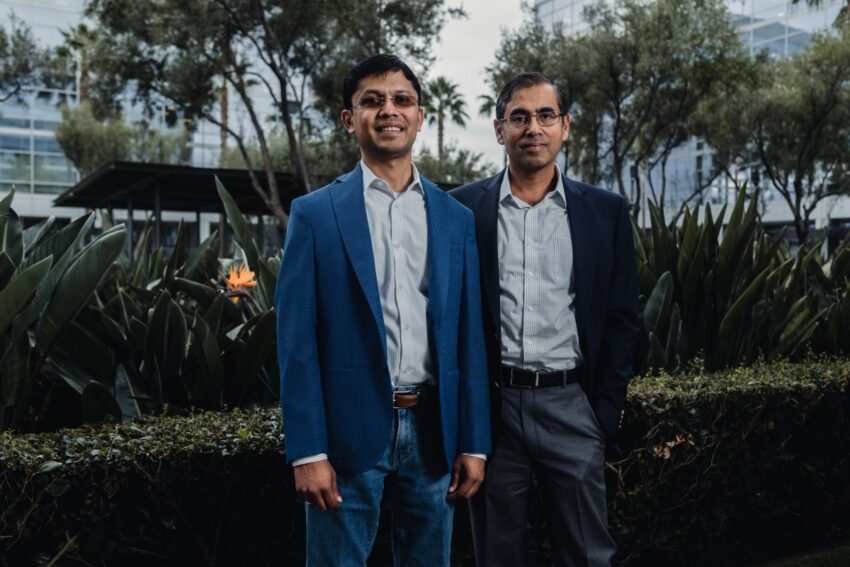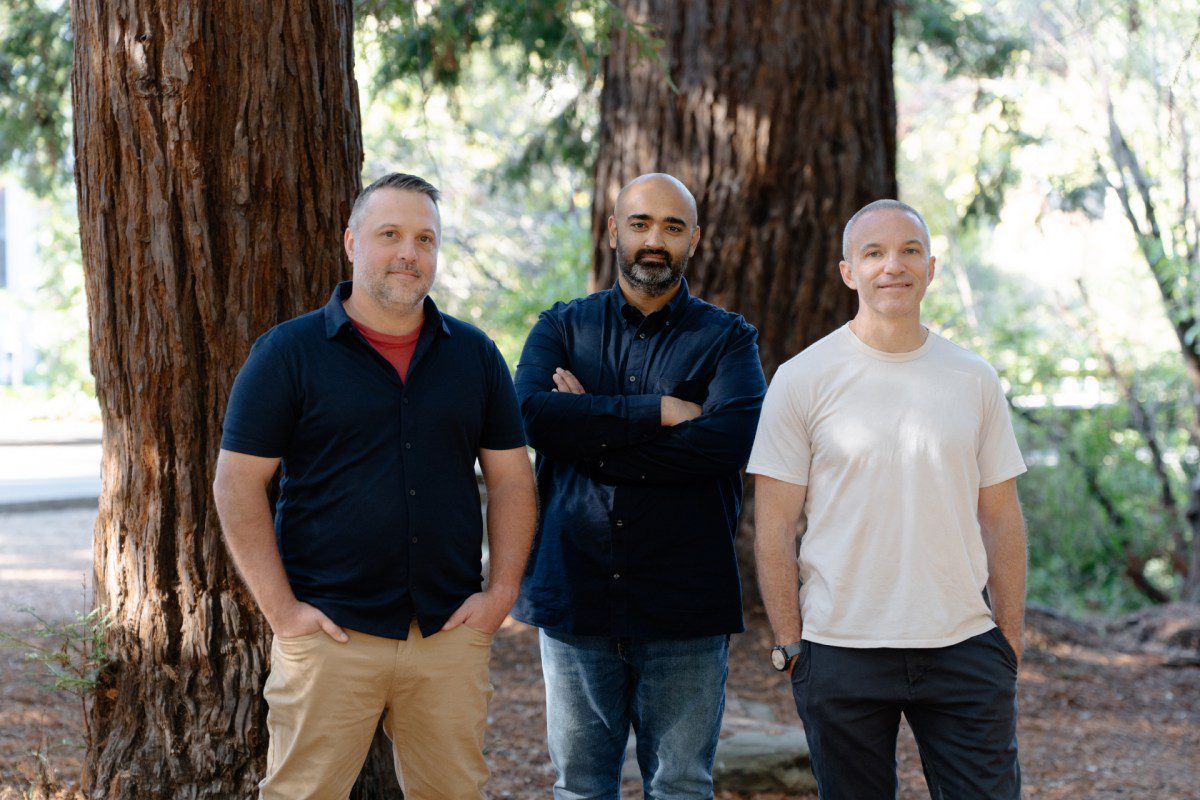
eightfold co-founders raise 35m for viven an Viven, an innovative startup founded by the co-founders of Eightfold, has successfully raised $35 million in seed funding to develop an AI-driven digital twin platform aimed at enhancing workplace communication and collaboration.
eightfold co-founders raise 35m for viven an
Overview of Viven
Viven is designed to create digital replicas of employees, allowing organizations to query these AI-driven avatars when the actual individuals are unavailable. This technology aims to streamline information flow and decision-making processes within companies, particularly in hybrid and remote work environments where traditional communication methods may falter.
Founders and Background
The startup was co-founded by Ashutosh Garg and Tushar Bhatia, both of whom previously established Eightfold, a talent intelligence platform that leverages AI to assist organizations in managing their workforce. Their experience in the tech industry and understanding of AI applications in human resources have positioned them well to tackle the challenges of workplace communication.
Funding Details
The seed funding round was led by Khosla Ventures and Foundation Capital, two prominent venture capital firms known for their investments in technology and innovation. This significant financial backing underscores the confidence investors have in Viven’s potential to revolutionize workplace interactions.
The Technology Behind Viven
At the core of Viven’s offering is its AI digital twin technology. This system utilizes advanced algorithms and machine learning to create a virtual representation of an employee based on their work patterns, preferences, and expertise. The digital twin can answer queries, provide insights, and assist in decision-making processes, even when the actual employee is unavailable.
How Digital Twins Work
The digital twin operates by analyzing vast amounts of data collected from various sources, including emails, chat logs, and project management tools. By synthesizing this information, Viven’s AI can generate a comprehensive profile of an employee’s knowledge and skills. This allows the digital twin to respond to inquiries and provide relevant information, effectively acting as a stand-in for the real person.
Use Cases in the Workplace
Viven’s technology has several potential applications in the workplace, including:
- Knowledge Sharing: Employees can query the digital twin for information on projects, processes, or specific expertise, reducing the time spent searching for answers.
- Decision Support: The digital twin can offer insights based on historical data and patterns, assisting teams in making informed decisions even in the absence of key personnel.
- Onboarding and Training: New employees can interact with digital twins to learn about company culture, processes, and best practices, enhancing the onboarding experience.
Market Context and Implications
The rise of remote and hybrid work models has created new challenges for organizations, particularly in maintaining effective communication and collaboration. As teams become more dispersed, the need for innovative solutions to bridge the gap between employees grows. Viven’s digital twin technology addresses this need by providing a means to access knowledge and expertise without requiring physical presence.
Competitive Landscape
Viven enters a competitive market filled with various tools aimed at enhancing workplace collaboration. However, its unique approach of creating AI-driven digital twins sets it apart from traditional communication platforms. While many existing solutions focus on facilitating communication, Viven’s technology aims to enhance the quality of information shared, making it a valuable addition to the workplace toolkit.
Stakeholder Reactions
The funding round has garnered positive reactions from industry stakeholders. Investors have expressed enthusiasm about the potential for Viven to transform workplace dynamics. Ashutosh Garg, co-founder of Viven, stated, “We believe that the future of work lies in leveraging AI to enhance human capabilities. Our digital twin technology is designed to empower employees and improve collaboration, even when they are not physically present.”
Challenges Ahead
Despite the promising outlook, Viven faces several challenges as it moves forward. One of the primary concerns is ensuring the accuracy and reliability of the digital twin technology. As the system relies on data from various sources, maintaining data integrity and privacy will be crucial. Organizations must also navigate potential resistance from employees who may be skeptical about the use of AI in their work processes.
Data Privacy and Ethical Considerations
As with any AI-driven technology, data privacy is a significant concern. Viven must implement robust security measures to protect sensitive employee information and ensure compliance with data protection regulations. Transparency in how data is collected and used will be essential to build trust among employees and stakeholders.
Future Developments
Looking ahead, Viven plans to expand its offerings and refine its technology. The startup aims to integrate additional features that enhance the digital twin’s capabilities, such as natural language processing and advanced analytics. These developments could further improve the accuracy and usefulness of the digital twins, making them indispensable tools for organizations.
Conclusion
Viven’s innovative approach to workplace communication through AI digital twins presents a promising solution to the challenges posed by remote and hybrid work environments. With significant funding and a strong founding team, the startup is well-positioned to make a substantial impact on how organizations manage knowledge and collaboration. As the workplace continues to evolve, Viven’s technology may play a critical role in shaping the future of work.
Source: Original report
Was this helpful?
Last Modified: October 16, 2025 at 9:36 am
1 views















